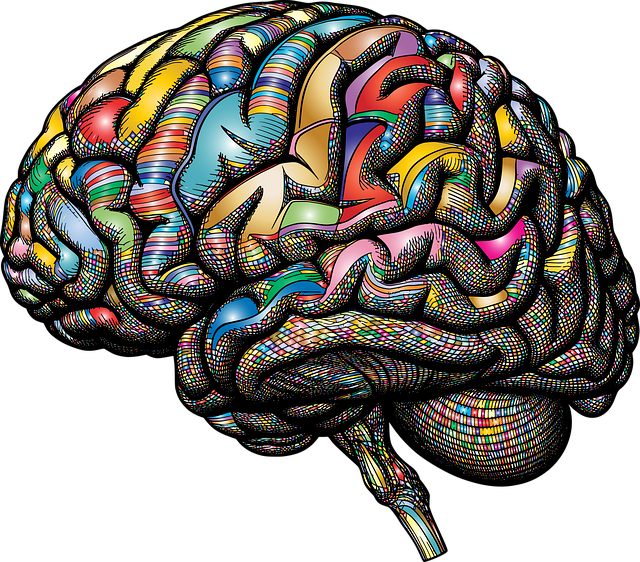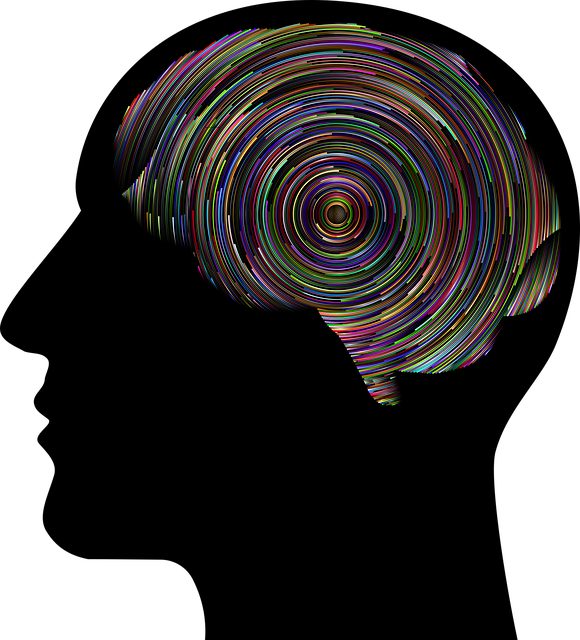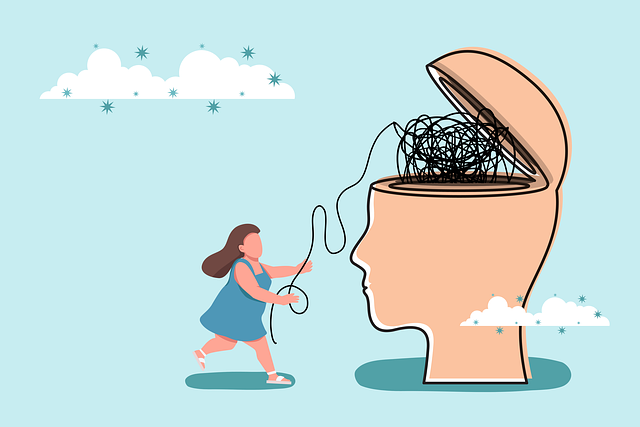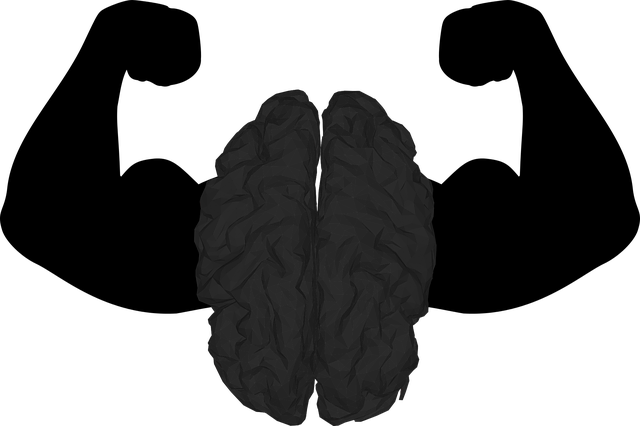Therapy for Young Adults with Functional Neurological Disorders (FND) serves as a powerful coping mechanism, addressing unknown causes through multifaceted approaches like CBT, mindfulness, stress management, and crisis guidance. These interventions aim to challenge negative thoughts, teach practical coping strategies, enhance mental wellness, and improve life quality by empowering individuals to manage symptoms proactively. Self-care practices such as mindfulness, exercise, journaling, art therapy, music, and supportive networks are crucial for emotional healing, while cognitive behavioral techniques in therapy foster resilience and mental health.
Coping skills development is essential for young adults navigating functional neurological disorders (FNDs), which can significantly impact their daily lives. This article explores strategies to enhance coping abilities, focusing on the role of therapy and practical methods. Understanding FNDs and their effects is crucial in providing appropriate support. Through tailored therapy sessions, individuals can learn effective coping mechanisms, improving their overall well-being. Additionally, simple yet powerful strategies offer immediate relief and long-term resilience. Discover how these approaches empower young adults to manage symptoms and lead fulfilling lives despite FND challenges.
- Understanding Functional Neurological Disorder in Young Adults
- The Role of Therapy in Coping Skills Development
- Practical Strategies for Enhancing Coping Skills
Understanding Functional Neurological Disorder in Young Adults

Many young adults are turning to therapy to cope with what’s known as Functional Neurological Disorder (FND). This condition manifests as a combination of physical and/or cognitive symptoms, often with no organic cause detected by medical tests. While the exact causes of FND remain unclear, it’s believed to involve a complex interplay of neurological, psychological, and environmental factors. Recognizing and understanding FND is crucial for developing effective coping skills.
Therapy for young adults dealing with FND typically focuses on a multifaceted approach, including cognitive behavioral therapy (CBT) to challenge negative thought patterns, mindfulness practices for stress management workshops organization, and crisis intervention guidance. By addressing underlying psychological factors and teaching practical coping strategies, these therapeutic interventions empower individuals to manage their symptoms, enhance mental wellness, and lead more fulfilling lives.
The Role of Therapy in Coping Skills Development

Therapy plays a pivotal role in coping skills development, especially for young adults dealing with functional neurological disorders (FND). It offers a safe space to explore and understand the underlying causes of distressing symptoms, helping individuals gain insights into their condition. Through tailored interventions, therapists guide patients to develop effective coping strategies. These may include cognitive-behavioral techniques to reframe negative thoughts, mindfulness practices for stress reduction, and relaxation methods to manage physical symptoms.
For FND sufferers, therapy can be instrumental in managing risk by providing tools for self-regulation. By learning to identify triggers and implement coping mechanisms, young adults can prevent exacerbations and improve their overall quality of life. This proactive approach not only addresses current challenges but also fosters resilience, empowering individuals to navigate future stressors effectively. Additionally, therapists can incorporate burnout prevention strategies for healthcare providers, ensuring that both the patient and the caregiver maintain healthy practices in their journey towards improved mental health.
Practical Strategies for Enhancing Coping Skills

Practical Strategies for Enhancing Coping Skills
Developing strong coping skills is a vital aspect of emotional healing processes for young adults, especially those navigating functional neurological disorders (FND). Incorporating self-care practices into daily routines can significantly improve resilience building and overall well-being. Simple yet effective strategies include mindfulness meditation, which helps individuals stay present and grounded, reducing the impact of anxious or distressing thoughts. Regular exercise is another powerful tool; physical activity releases endorphins, improves mood, and provides a healthy outlet for processing emotions.
Additionally, keeping a journal can be therapeutic, offering a safe space to express thoughts and feelings. Art therapy, music, and creative outlets allow individuals to communicate their experiences non-verbally, fostering emotional healing processes. Therapy for young adults with FND can also incorporate cognitive behavioral techniques to challenge negative thought patterns and replace them with more adaptive coping mechanisms. Building a supportive network of friends and family who understand one’s challenges is invaluable for resilience building and overall mental health.
Coping skills development is a vital aspect of supporting young adults with Functional Neurological Disorder (FND). By understanding the unique challenges they face, we can leverage therapy as a powerful tool to enhance their coping abilities. The strategies outlined in this article, combined with tailored therapy sessions, offer practical ways for young adults to manage symptoms and improve their overall well-being. For those seeking support, accessing appropriate therapy for young adults with FND can be transformative, empowering them to navigate life’s complexities with greater resilience.














